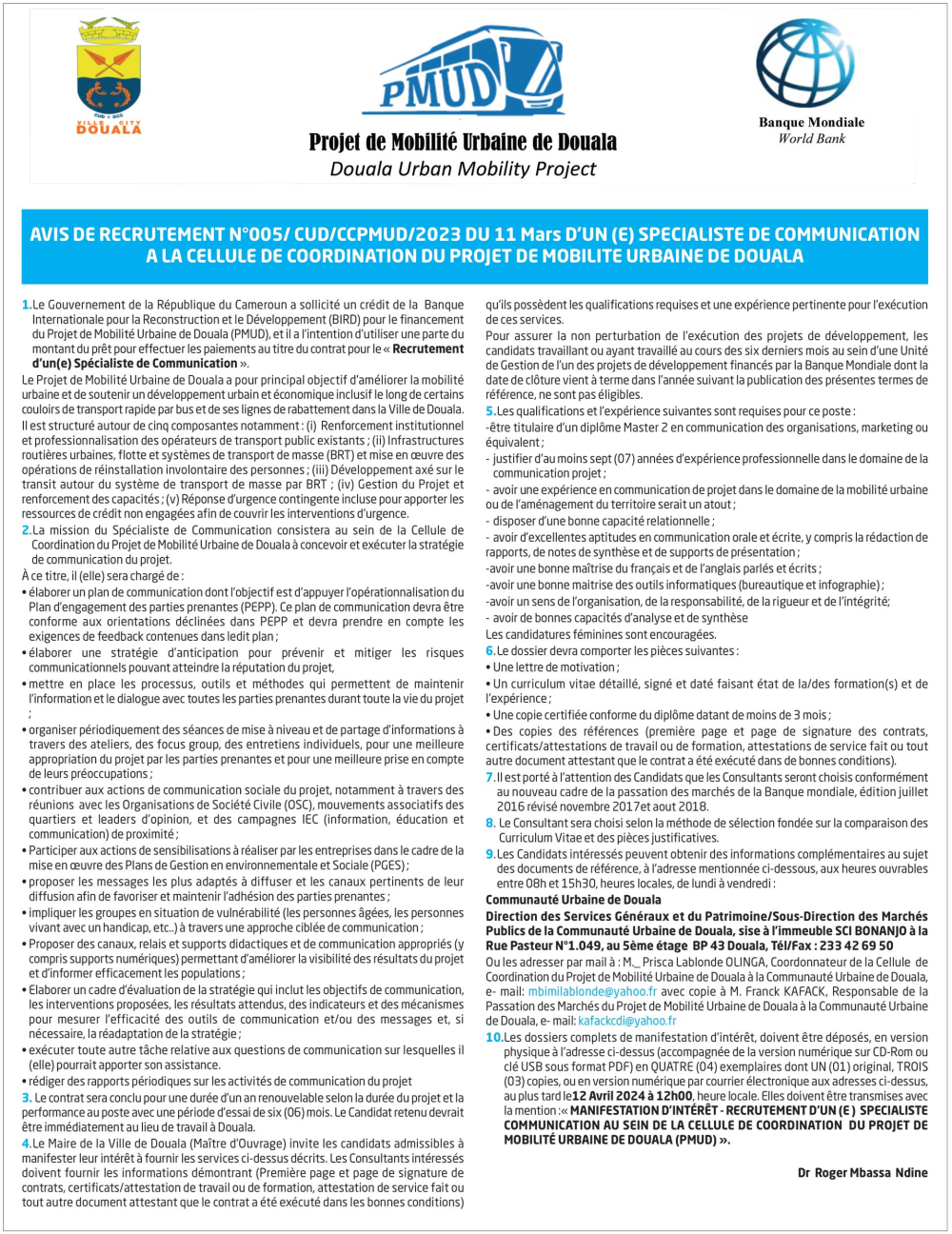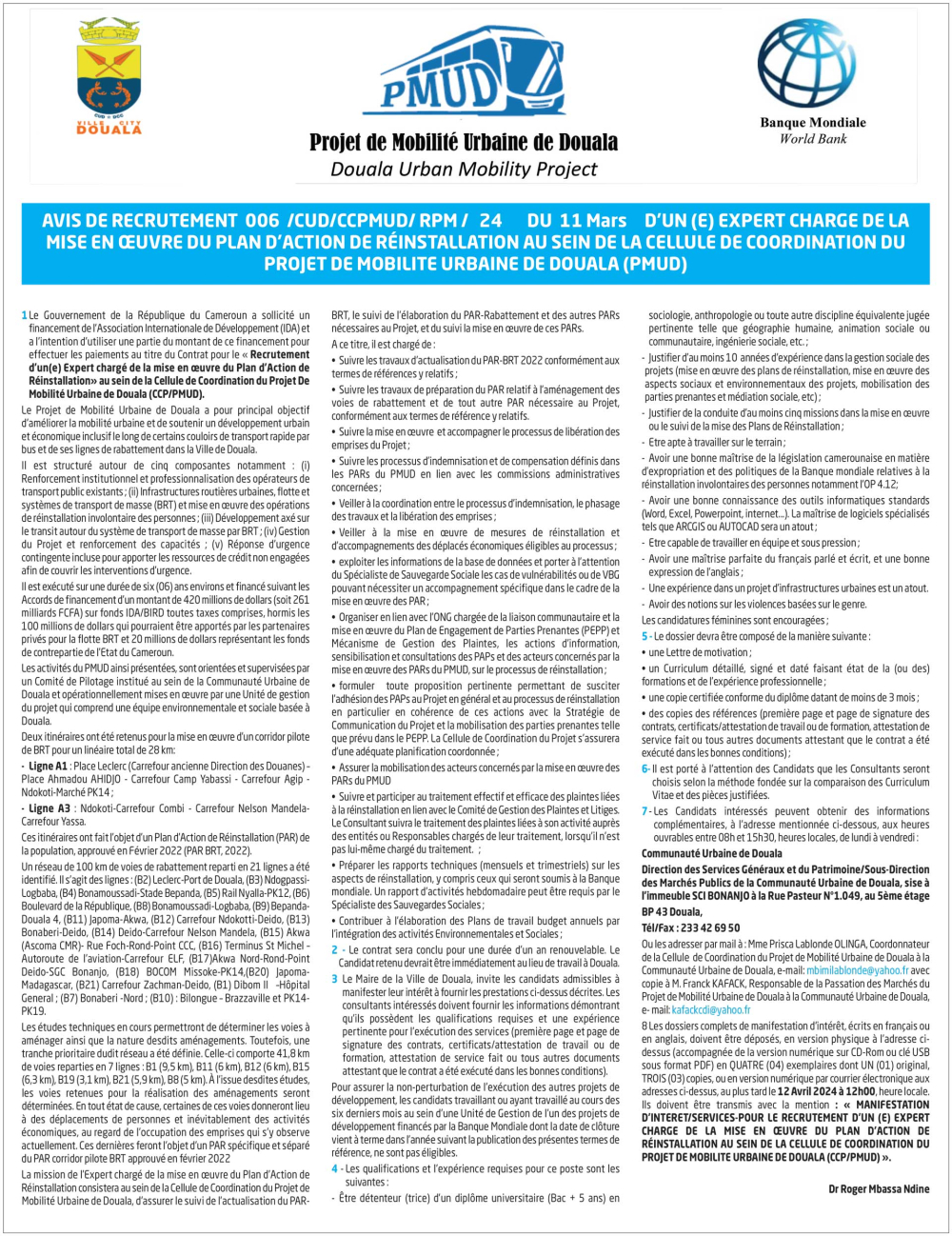Counterfeiting Consumables : A Silent Danger
- Par Eldickson Agbortogo
- 22 sept. 2022 11:36
- 0 Likes
Cameroon is one of the leading African countries striving to attain emergence by the year 2035.
The government has through its different development policies earmarked strategies to make the dream a reality. In spite of these moves, some vicious persons, with the complicity of top administrative authorities, have indulged in practices that are retarding not only the progress of the emergence plan, but endangering the lives of citizens. One of these practices is the heavy involvement in counterfeiting consumable goods. Over the past years, the rise of counterfeit consumables has increased tremendously across the country leading to major concerns as many of these cases end in fatality. Recent studies have shown that over 50 percent all goods, including food and drugs imported into the country are counterfeit. Be it in local markets or in supermarkets, the rate of counterfeiting is frightening. Though recently the government raised an alarm with regards to counterfeiting in international trade and pirated products, saying that it is costing the country about $2 billion every year, the call seems to have fallen on deaf ears. This amount does not include domestically produced and consumed counterfeit and pirated products.
While it is common to see in some of our markets and shops groundnut oil diluted with doubtful liquids and chemicals, so too is fake medications on the streets fabricated from cassava or laced with other foodstuff and sold in the open without any control measures or repression from the powers that be. Even when they do after the population must have complained, you still see them the next day on the streets selling or opening the same shops with the same products and the same name not far from the previous spot. In some of our restaurants, counterfeit milk powder that contains no animal protein and vegetable oil made of recycled oil unfit for human consumption are served to customers. Plastic rice that has been carefully wrapped in the packaging of well-known foreign brands with expired or no expiry dates have gradually become commonplace. Most of the consumable goods counterfeited are staples which most consumers believe contain required nutrients.
Though, one of the reasons for the rise in counterfeit food is the fact that local manufacturers are faced with competition from cheaper imports, resulting in them using inferior or unregulated products to cut their production costs, it is advisable for the government to put in place special tax incentives for local producers aimed at protecting them and at the same time stepping up tax for importation of goods. Exceptional strategies should be earmarked and put in place to counter the weak regulatory systems which make it easy for counterfeiters to find loopholes. Same too for the origin of food products which are difficult to trace because of the complexity of their long supply chains. It is by implementing these measures properly that there might be a glimmer of hope to squash the rapid quest for fast money these days which is pushing many people to indulge in malpractices. These are very costly not only to the country’s economy, but also to the population that has no choice but to consume whatever is put into the market.
The effects of consuming these foods, especially on children, means they do not consume the required nutrients and may suffer malnutrition and possible lifelong impacts on their physical and intellectual development. Not only is malnutrition an issue; but consumption of possible deadly ingredient...
Cet article complet est réservé aux abonnés
Déjà abonné ? Identifiez-vous >
Accédez en illimité à Cameroon Tribune Digital à partir de 26250 FCFA
Je M'abonne1 minute suffit pour vous abonner à Cameroon Tribune Digital !
- Votre numéro spécial cameroon-tribune en version numérique
- Des encarts
- Des appels d'offres exclusives
- D'avant-première (accès 24h avant la publication)
- Des éditions consultables sur tous supports (smartphone, tablettes, PC)
















Commentaires